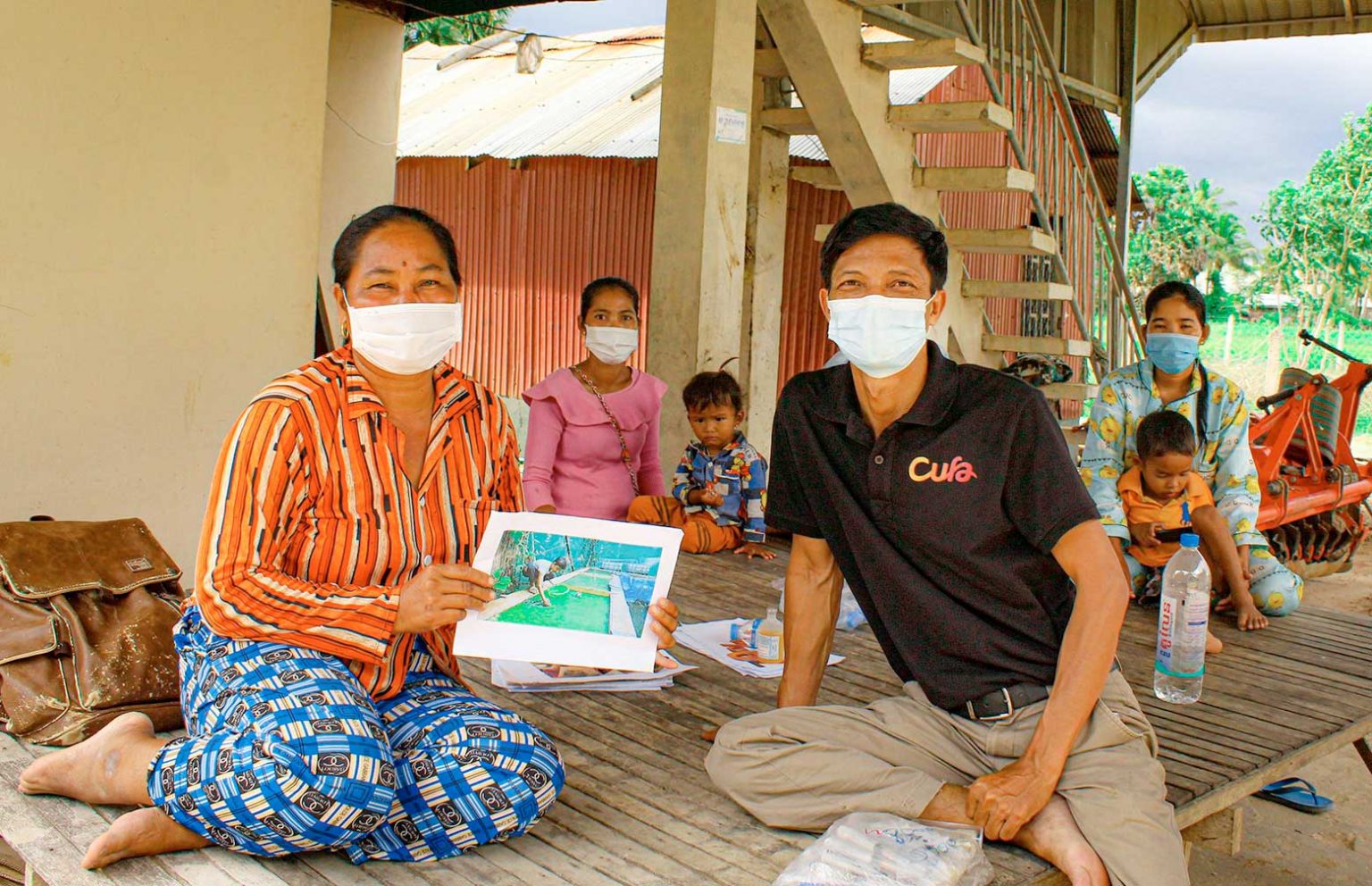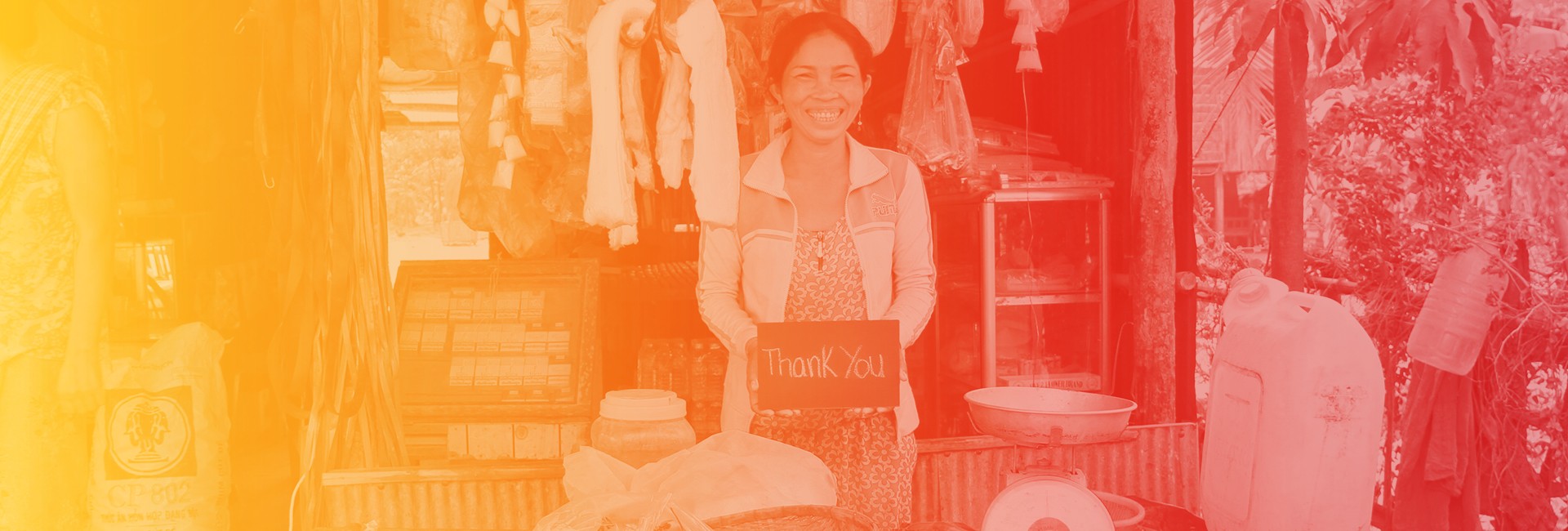By Simone Goldsmith
57-year-old Mao Ouk always wanted the best for her six children. But after her farmer parents were murdered by Pol Pot’s regime and her husband Sitha was rendered paralysed, she became the sole breadwinner. Refusing to give up in the face of adversity, Mao set up a general store in Korkithom in south-east Cambodia but it never generated enough money to send her children to school, buy them clothes, afford health care or repair her home.
Mao is not alone. She represents just one of almost 4 million Cambodians who, according to the World Bank, live in poverty.
In 2006, Mao opened a savings account with Korkithom Credit Union, which has 274 members. Credit unions are essential in remote villages like Korkithom because financial services are located only in major cities, making them too distant and expensive for villagers to access. Unlike more developed credit union movements, such as Australia’s, Cambodian credit unions are run entirely by volunteers and generally operate from underneath the director’s home. They do not use the internet, mobile banking, ATMs or credit cards, rather all transactions are done simply in person with cash and a passbook.
Mao had her savings account for three years but with virtually no budgeting skills and earnings from her shop totalling just 75 cents per day, it had minimal impact on her life. With no land to her name, Mao was also unable to secure even a small loan.
But her life changed irrevocably when her credit union suggested she may be eligible for CUFA’s Village Entrepreneur program, which for the past five years, has provided resources and hope to the poorest of the poor in rural Cambodia and Timor-Leste.
Mao was accepted and connected with an ordinary Australian who made a commitment to invest $39 a month for three years. This investment, which equates to around one dollar a day, empowered Mao to live with dignity and secured the future for her children.
Mao’s Community Investor’s monthly investment enabled her access to start-up materials for a micro-business, specifically stock and equipment for her shop. It has also funded three years of training in key areas of business such as marketing, bookkeeping and cash flow management. This combination of assistance has ensured the long-term sustainability of her micro-business and thus provided the means for her to escape the vicious cycle of poverty.
While 86.5% of the investor’s monthly investment goes to the village entrepreneurs, of whom the vast majority are women, the remainder is directed at developing the services of the community credit unions and coordination of the project by a locally employed project officer.
Funds were provided to Mao via her credit union every quarter, which ensured she spent wisely and stayed on track with her business plan. In order to receive the investment, she was also required to attend and participate in support workshops and training sessions and demonstrate she had been actively working on her business.
Thanks to a high level of support, guidance and regular input from mentors, the Village Entrepreneur program has tripled Mao’s income and enabled her to save up to six times as much. But the true impact this has had is immeasurable. By providing Mao with the skills, resources and independence to set up a successful company, she has built a positive future for her and her family. With one son currently studying finance at university and plans to build a new house for her daughter, it has helped her out of abject poverty and into relative prosperity and has given her children access to basic needs such as education, food and clothing. All for less than half the cost of your daily coffee.
To become a community investor and help transform the life of someone like Mao, visit www.ve.org.au







